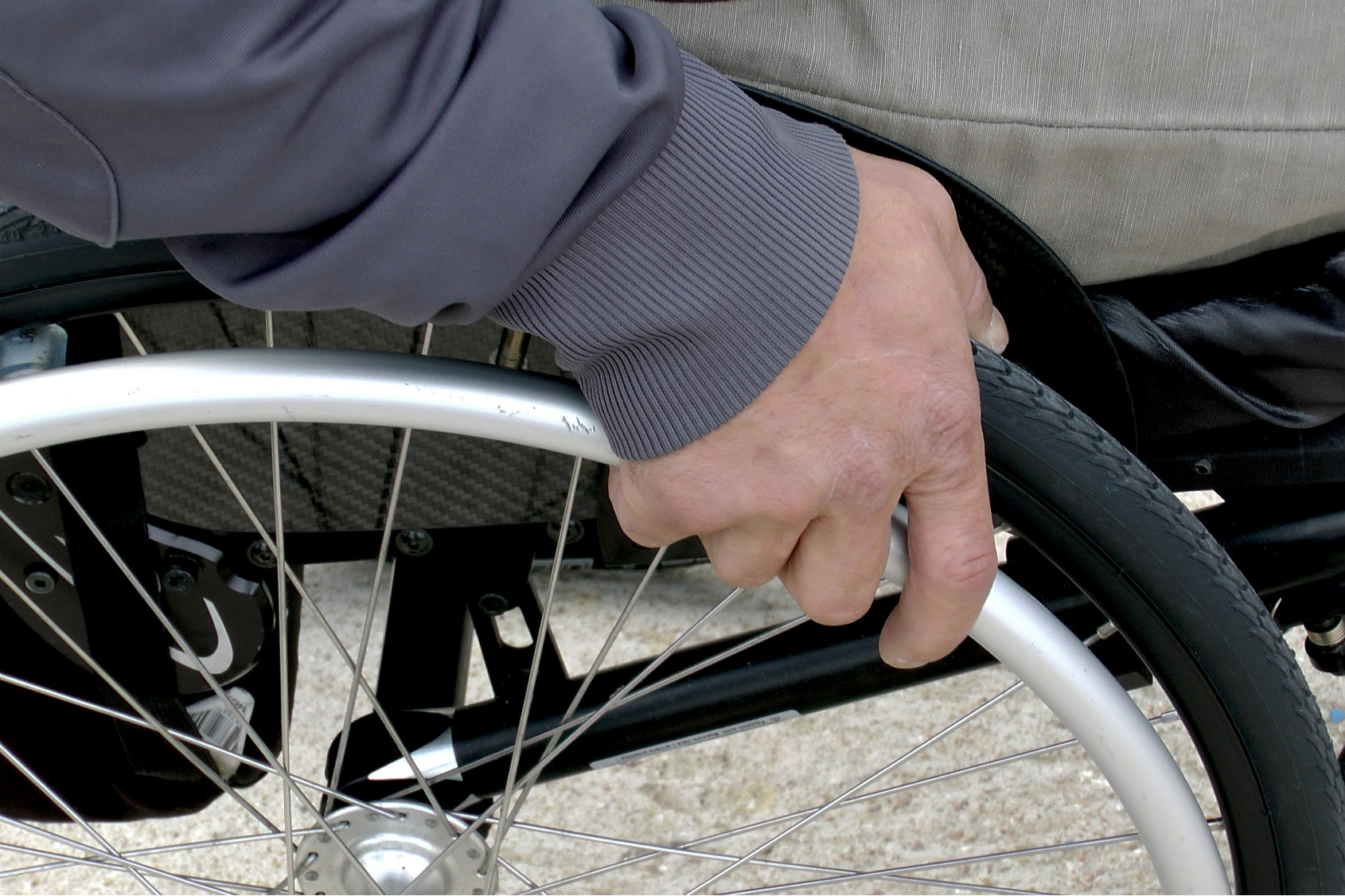Florida representative Tom Leek recently introduced a bill to help businesses owners become compliant with the Americans with Disabilities Act.
The ADA requires that companies comply with a host of regulations to prevent discrimination against people with disabilities. As of January, 2013, most public pools and spas must have a means of disabled access, with pool lifts being the most popular.
Businesses owners must familiarize themselves with the Americans with Disabilities Accessibility Guidelines to ensure ADA compliance. However, “it’s a very thick regulation book that is full of lots of gray areas and things that are difficult to figure out,” Leek said.
He also said local building inspectors are not typically qualified to tell businesses how to become compliant. As a result of these factors, many companies unknowingly violate ADA regulations, leaving themselves open to so-called “drive-by lawsuits,” he said. According to Leek, these are executed by a very small number of law firms primarily based in south Florida. They use people called “finders” to drive by businesses in search of ADA violations, such as a lack of ramps or insufficient handicapped parking. A recent 60 Minutes story revealed that some lawyers have been suspected of using Google Earth or Google Maps to locate hotel and motel pools without lifts. If a facility has no visible lift, a lawsuit often is filed.
“[They are] perverting that law and using it to go around and sue hundreds of businesses at a time for the sole purpose of collecting attorney’s fees,” Leek said. “In my opinion it is an abuse of what that law was designed to do.”
To combat the issue, the proposed regulation would work like this: Businesses can voluntarily hire a certified expert to inspect the premises for compliance issues and create a reasonable remediation plan, which then would be registered with the state. If the business is later sued for ADA violations, the court can deny attorney’s fees because it was not the plaintiff that spurred changes to the facility. The government would provide a list of certified experts on a website that the Department of Business and Professional Regulation maintains.
The bill has bipartisan support in the House and is slated for a committee hearing within the next few weeks. Two senators are sponsoring a companion bill. If the legislation does not pass during this session, Leek will refile it next year.



